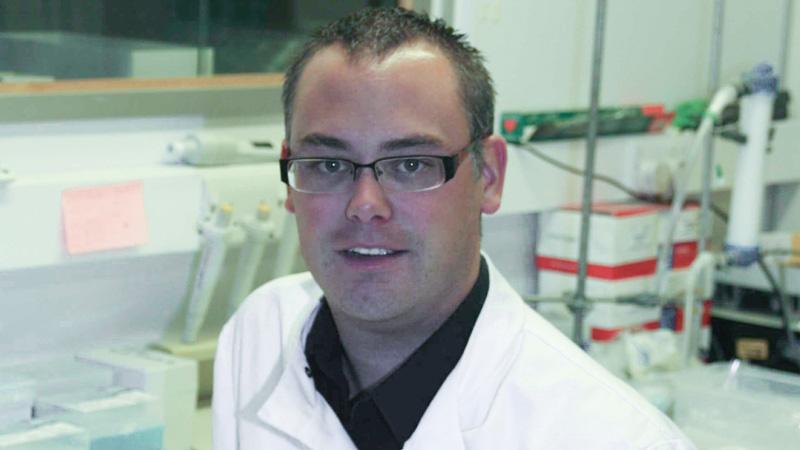Dr David Gaze, Lecturer in Clinical Biochemistry, wrote an article for The Conversation about how severe cases of COVID-19 can damage the heart in people without heart disease.

In the article, Dr Gaze said that the virus can affect the heart in people without pre-existing heart conditions. He wrote: “In both cases, when there is a severe COVID-19 infection, the heart undergoes a massive inflammatory response called myocarditis. The virus infects the cells of the heart causing the muscle tissue to undergo severe inflammation.
“This can alter the electrical conduction in the heart, affecting its ability to pump blood around the body. The result of which is less oxygen getting to the organs, including the lungs.”
Discussing a blood test to monitor the heart problems in COVID-19 patients, Dr Gaze said: “Doctors are able to monitor the severity of myocarditis using a blood test called troponin. This protein is usually found in the heart. It is released into the bloodstream when there is a significant heart injury, such as during a heart attack.
“Patients in Wuhan who were severely ill are more likely to have a greater concentration of troponin in their bloodstream than those less severely infected. This is also repeated in data from the Italian outbreak.”
He added: “Many viral diseases put such a huge strain on the body that the heart often cannot cope so more people die from heart problems than they do from the lung disease.”


